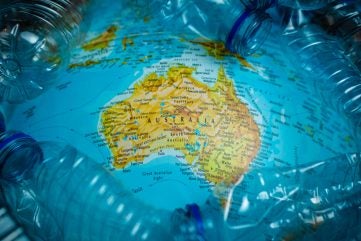
Australia-based plastics material and resin manufacturing company SECOS Group has secured a joint industry-university bid for $40m over ten years from the Federal government to establish the Co-operative Research Centre (CRC) aimed at solving plastic waste.
The total resources available to the CRC is $140.6m, including the CRC Program grant and contributions from partners such as SECOS.
The CRC will bring together international food brands, relevant peak bodies, international and national non-governmental organisations, Australian councils, environmental regulators and others, with a target to develop new technologies that will reduce Australia’s plastic waste by 20% over the project’s ten-year duration.
SECOS aims to drive down plastic waste by fast-tracking its research and development (R&D) investment. Every $1 spent by SECOS now yields $3 to $4 in actual R&D investment.
Of the four programme areas in the CRC project, SECOS will focus on two key components:
- Program One: Materials and Design – to reduce products’ environmental impact, which focuses on new materials to substitute conventional plastic.
- Program Three: Implementing a circular economy for plastics in Australia. Here SECOS will focus more on education and life cycle analysis to support behavioural change around plastic use and therefore waste.
SECOS CEO and executive director Richard Tegoni commented: “The SECOS R&D team will have the opportunity to work alongside experts within Australia’s best universities and industry stakeholders.”
Another project in the pipeline for SECOS is a compostable food packaging formulation that requires adequate barrier properties to maintain the integrity of the food but at the same time, breaks down once the Best Before date is exceeded. If successful, SECOS expects these new products to be available for broader use within the packaging industry within the next three years.
Recent research by the Institute Australia think tank found that the Australian national government could potentially raise $1.5bn annually by implementing a tax on plastic packaging waste.



